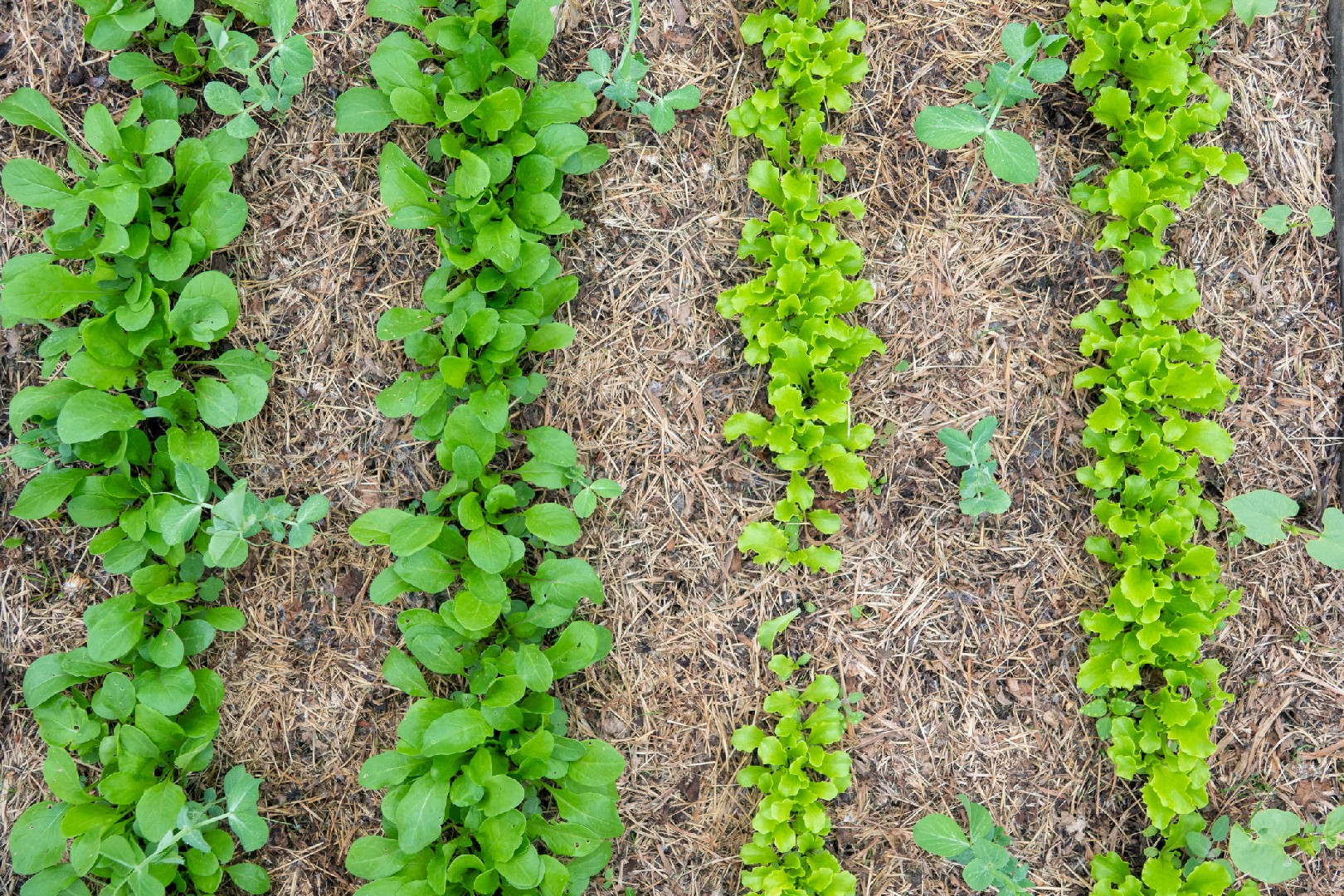Organic mulch is a natural material that is used to cover the soil in a garden or landscaping area. It is derived from organic matter, such as leaves, grass clippings, wood chips, straw, and compost. Unlike inorganic mulch, which includes materials like gravel or plastic, organic mulch is biodegradable and breaks down over time, adding nutrients to the soil.
One of the main benefits of using organic mulch is its ability to regulate soil temperature. During hot summer months, it acts as a protective layer, keeping the soil cool and preventing evaporation. In colder weather, it insulates the soil, keeping it warmer and protecting the roots of plants from frost.
In addition to temperature regulation, organic mulch also helps to conserve moisture in the soil. When the mulch layer is thick enough, it prevents water from evaporating quickly, reducing the need for frequent watering. This is especially beneficial in areas with limited water resources or during dry periods.
Another important benefit of using organic mulch is weed control. By covering the soil with a thick layer of mulch, weeds are deprived of sunlight, preventing them from germinating and growing. This reduces the need for manual weeding or the use of herbicides, making organic mulch a more eco-friendly option.
Furthermore, organic mulch improves the overall health of garden ecosystems. As it breaks down, it adds organic matter to the soil, which enhances soil structure, promotes beneficial microbial activity, and provides a rich source of nutrients for plants. This promotes healthy root development, leading to stronger and more vigorous plants.
To make the most of organic mulch, there are a few tips to keep in mind. Firstly, it is important to apply a layer of mulch that is at least 2-3 inches thick to ensure effective weed control and moisture retention. However, it is crucial to avoid piling mulch directly against the stems or trunks of plants, as this can create a moist and dark environment that promotes the growth of diseases.
Additionally, choosing the right type of organic mulch for your garden is important. Each type has its own unique characteristics and benefits. For example, wood chips are long-lasting and provide a natural look, while straw breaks down quickly and adds nutrients to the soil.
In conclusion, organic mulch is a valuable tool for maintaining a healthy and thriving garden or landscape. Its many benefits, including temperature regulation, moisture conservation, weed control, and enhanced soil health, make it an eco-friendly and practical choice. By utilizing organic mulch and applying the proper techniques, gardeners can create sustainable and beautiful outdoor spaces that benefit both plants and the environment.





